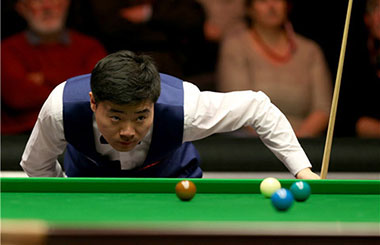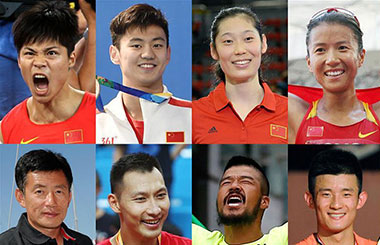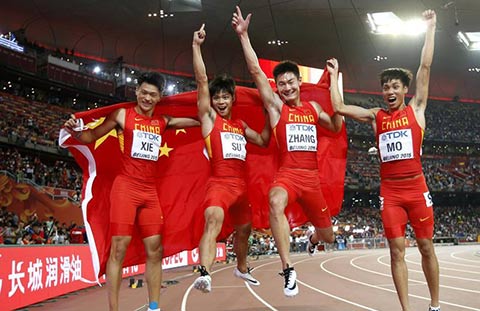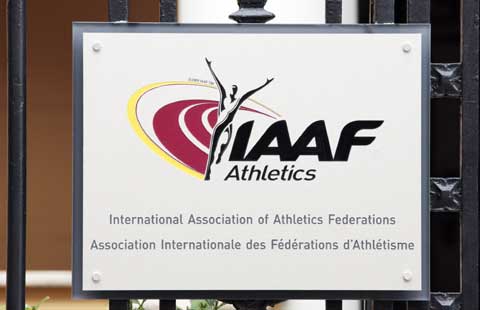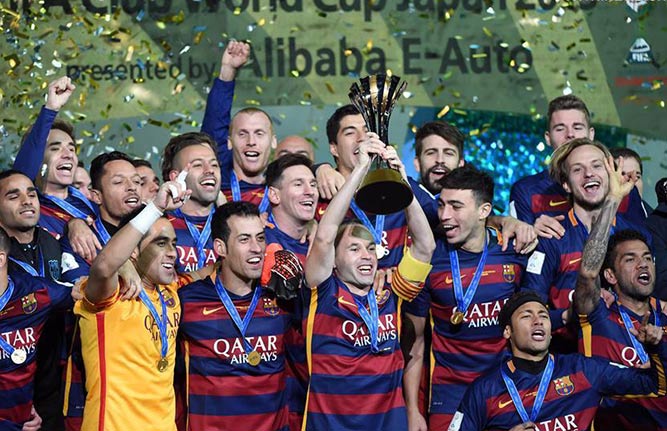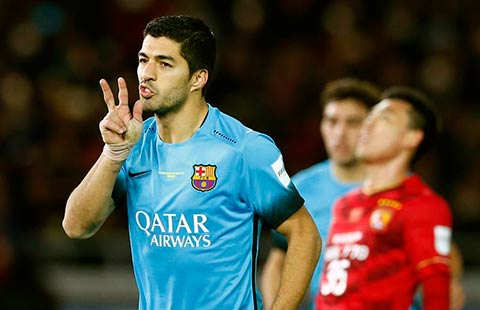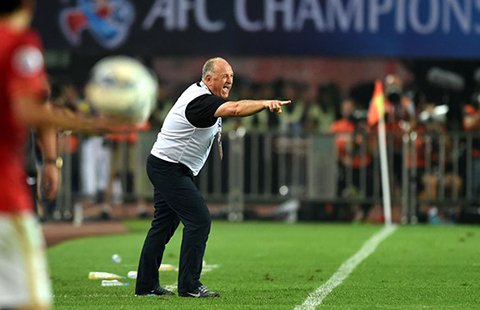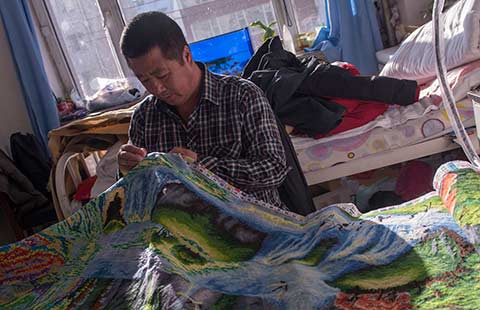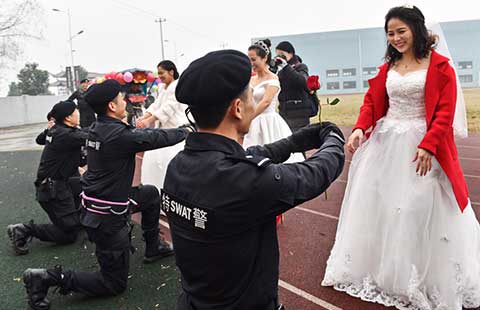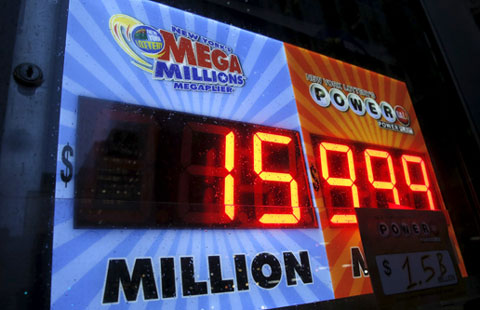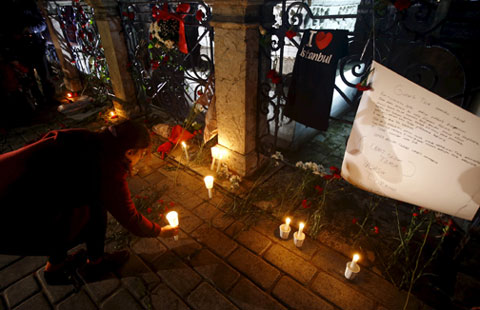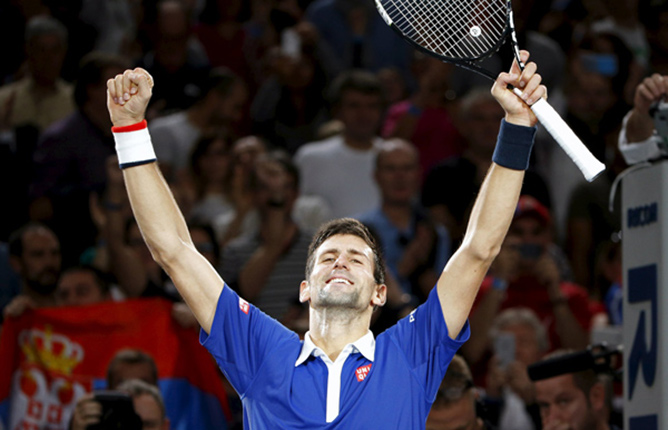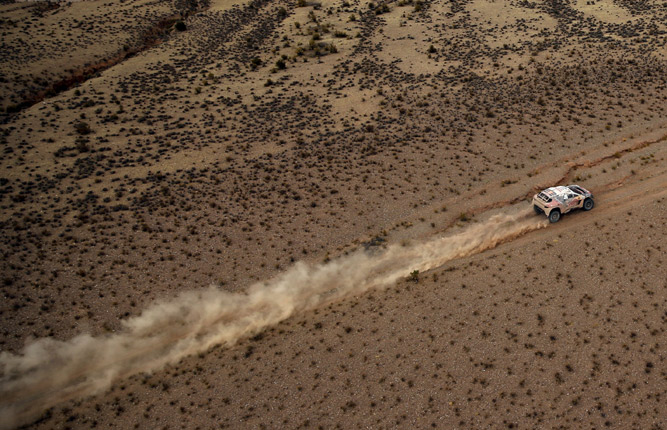

AUSTIN, Texas - The US Anti-Doping Agency says it will strip Lance Armstrong of his unparalleled seven Tour de France titles after he declared Thursday that he would stop fighting the drug charges the organization had laid.
The announcement by Armstrong that he would no longer contest the charges put at risk his legacy as one of the greatest sportsmen of all time. He insisted the decision was not an admission of doping but prompted by weariness with the prolonged legal dispute.
Travis Tygart, USADA's chief executive, said Armstrong would have a lifetime ban imposed on Friday as well as having the Tour titles stripped. Armstrong asserted that USADA had no authority to take away his Tour titles.
The sport's governing body, the International Cycling Union, was expected to make an announcement of its stance on Friday. It had backed Armstrong's legal challenge to USADA's authority.
Armstrong, who retired last year, declined to enter USADA's arbitration process - his last option - because he said he was weary of fighting accusations that have dogged him for years. He has consistently pointed to the hundreds of drug tests that he has passed as proof of his innocence during his extraordinary run of Tour titles stretchingfrom1999-2005.
"There comes a point in every man's life when he has to say, "Enough is enough." For me, that time is now," Armstrong said in a statement sent to The Associated Press. He called the USADA investigation an "unconstitutional witch hunt."
"I have been dealing with claims that I cheated and had an unfair advantage in winning my seven Tours since 1999," he said. "The toll this has taken on my family and my work for our foundation and on me leads me to where I am today - finished with this nonsense."
USADA reacted quickly and treated Armstrong's decision as an admission of guilt, hanging the label of drug cheat on an athlete who was a hero to thousands for overcoming life-threatening testicular cancer and for his foundation's support for cancer research.
"It is a sad day for all of us who love sport and athletes," Tygart said. "It's a heartbreaking example of win at all costs overtaking the fair and safe option. There's no success in cheating to win."
Armstrong refused to enter an arbitration process he believes is unfair.
"USADA cannot assert control of a professional international sport and attempt to strip my seven Tour de France titles," he said. "I know who won those seven Tours, my teammates know who won those seven Tours, and everyone I competed against knows who won those seven Tours."
USADA maintains that Armstrong has used banned substances as far back as 1996, including the blood-booster EPO and steroids as well as blood transfusions - all to boost his performance.
The 40-year-old Armstrong walked away from the sport in 2011 without being charged following a two-year federal criminal investigation into many of the same accusations he faces from USADA. The federal probe was closed in February, but USADA announced in June it had evidence Armstrong used banned substances and methods - and encouraged their use by teammates. The agency also said it had blood tests from 2009 and 2010 that were "fully consistent" with blood doping.
Included in USADA's evidence were emails written by Armstrong's former US Postal Service teammate Floyd Landis, who was stripped of his 2006 Tour de France title after a positive drug test. Landis' emails to a USA Cycling official detailed allegations of a complex doping program on the team.
USADA also said it had 10 former Armstrong teammates ready to testify against him. Other than suggesting they include Landis and Tyler Hamilton, both of whom have admitted to doping offenses, the agency has refused to say who they are or specifically what they would say.
"There is zero physical evidence to support (the) outlandish and heinous claims. The only physical evidence here is the hundreds of (doping) controls I have passed with flying colors," Armstrong said.
Armstrong sued USADA in Austin, where he lives, in an attempt to block the case and was supported by the UCI. A judge threw out the case on Monday, siding with USADA despite questioning the agency's pursuit of Armstrong in his retirement.
"USADA's conduct raises serious questions about whether its real interest in charging Armstrong is to combat doping, or if it is acting according to less noble motives," such as politics or publicity, US District Judge Sam Sparks wrote.
Now the ultra-competitive Armstrong has done something virtually unthinkable for him: He has quit before a fight is over.
"Today I turn the page. I will no longer address this issue, regardless of the circumstances. I will commit myself to the work I began before ever winning a single Tour de France title: serving people and families affected by cancer, especially those in underserved communities," Armstrong said.
Armstrong could have pressed his innocence in USADA's arbitration process, but the cyclist has said he believes most people have already made up their minds about whether he's a fraud or a persecuted hero.
It was a stunning move for an athlete who built his reputation on not only beating cancer, but forcing himself through grueling offseason workouts no one else could match, then crushing his rivals in the Alps and the Pyrenees.
Although he had already been crowned a world champion and won individual stages at the Tour de France, Armstrong was still relatively unknown in the US until he won the epic race for the first time in 1999. It was the ultimate comeback tale: When diagnosed with cancer, doctors had given him less than a 50 percent chance of survival before surgery and brutal cycles of chemotherapy saved his life.
Armstrong's riveting victories, his work for cancer awareness and his gossip-page romances with rocker Sheryl Crow, fashion designer Tory Burch and actress Kate Hudson made him a figure who transcended sports.
His dominance of the Tour de France elevated the sport's popularity in America to unprecedented levels. His story and success helped sell millions of the "Livestrong" plastic yellow wrist bracelets, and enabled him to enlist lawmakers and global policymakers to promote cancer awareness and research. His Lance Armstrong Foundation has raised nearly $500 million since its founding in 1997.
Created in 2000, USADA is recognized by Congress as the official anti-doping agency for Olympic sports in the United States. Its investigators joined US agents during the federal probe, and Tygart had dismissed Armstrong's lawsuit as an attempt at "concealing the truth." He said the agency is motivated by one goal - exposing cheaters in sport.
Others close to Armstrong were caught up in the charges: Johan Bruyneel, the coach of Armstrong's teams, and three members of the medical staff and a consultant were also charged. Bruyneel is taking his case to arbitration, while two medical team staffers and consulting doctor Michele Ferrari didn't formally contest the charges and were issued lifetime ban by USADA. Ferrari later said he was innocent.
